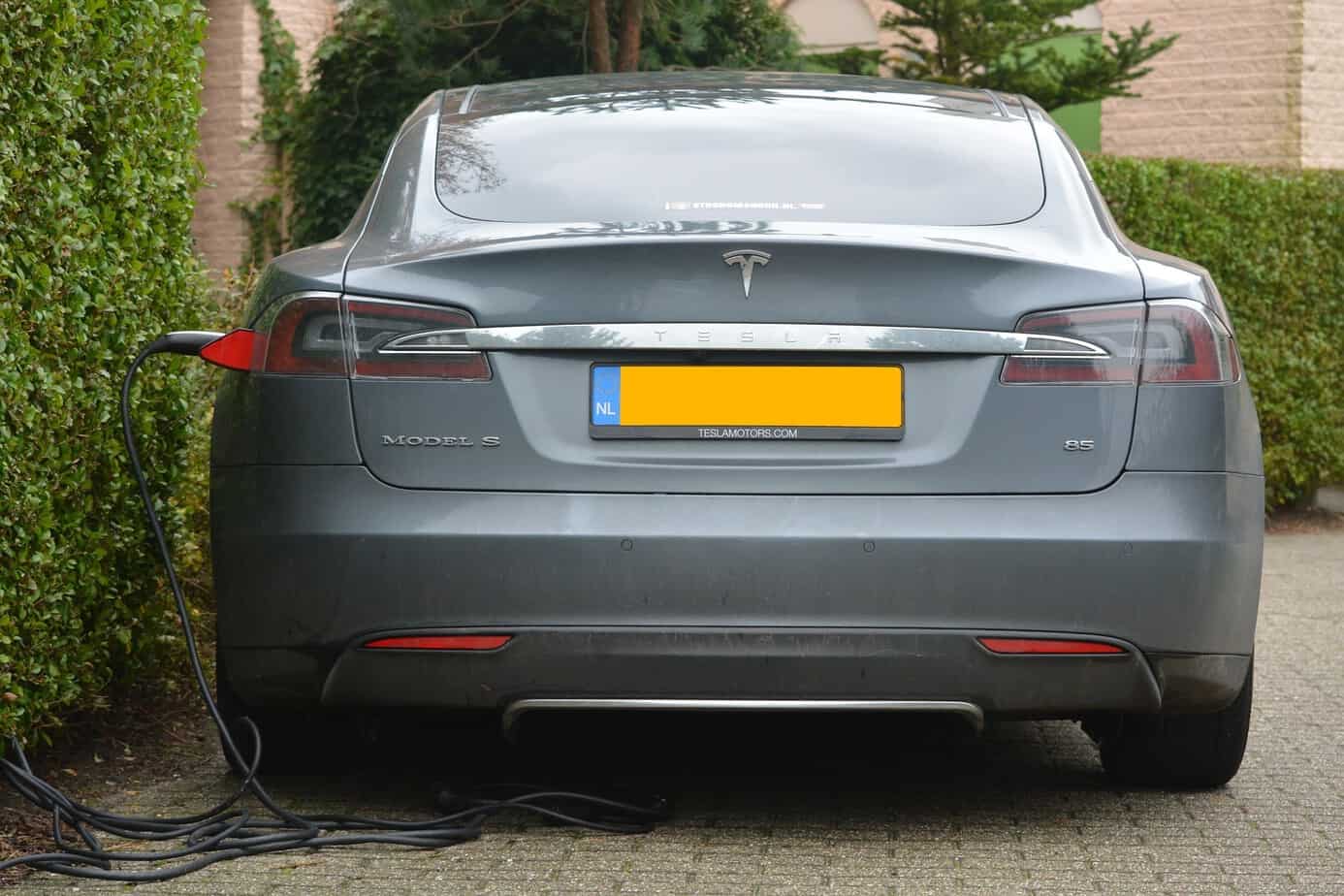Cybersecurity has become something that is a major issue all over the world. The reason for this is that there are so many different points of Internet access that have access to many different forms of private information. This private information could be related to banking, secure passwords or even privileged information. What is important to understand is that there are secure ways to access the Internet and non-secure ways to access the Internet. It will depend if whether the access point is public or private. Usually, it is best to access the Internet with a private and more secure network. Public hotspots are popular; however, they can be quite risky for security. If you want to learn more about why public hotspots are sometimes less safe to use, review the information below:
Important Precautions to Take When Using Public Hotspots
It is important to be quite careful when using public hotspots. Be sure to educate both your family members and employees about the potential risks of using public hotspots. To learn more visit Optimum.com.
Stick to Well-Known Networks
Well-known networks are very important. A good example of a well-known network is Starbucks and it will tend to have more security protections than a network that does not. Well-known networks are also better because they have requirements to enter in a receipt number or a detailed password in order to have access. Some of these networks also have a time limit, which is a great way to discourage long-term browsing or hacking activities on the network. By sticking to these networks, you will have more security overall than you would otherwise.
Only Access Sites with Https
There are many different prefixes on website URL’s. It is always best to use Https because the “s” indicates that the particular website is more secure. This is important when you are trying to access your banking or information that you would like to keep private. For those that use “Http” are more susceptible to have their information stolen than by using “Https.”
Don’t Share Too Much Personal Information
There are so many diverse offerings on the Internet. It is something that is both a blessing and a security risk. You need to evaluate carefully who you are giving your information to and not give out your personal information to a place that it doesn’t need to be provided to. By not sharing too much personal information, you can lower your risk for identity theft and can also eliminate the number of prank phone calls or spam emails that you receive.
Verify What You Are Signing Up for
Many times, people just enter in their information without verifying that what they are signing up for is in fact authentic. Be sure that you know the details about each and every company you are giving your information to. It is wise to be aware that there are several fraudulent schemes out there where the companies look official but are not. Be especially aware of fake email scams asking for social security numbers or identification information. This is a common technique to obtain private financial information to use for identity theft and can lead to individuals losing a great deal of money to criminals engaging in identity theft.
Limit Airdrop & File Sharing
Airdrop and file sharing are very useful for business. However, they can be dangerous if downloaded off of third-party websites, particularly when the individual is using a publicly shared network. Be sure to only share files from people or companies that you know and to not download anything that you don’t trust. If you get a message from your virus or malware protection software that something you are downloading is unsafe, then it is wise to delete it immediately. This will reduce your overall risk of having issues with malware or viruses.
Consider Using a VPN
VPN stands for “Virtual Public Network.” VPN’s are very useful for making a network more secure that publicly shared networks. VPN’s enable the user to browse whatever they like anonymously. VPN”s are able to be downloaded from a wide variety of providers and can be bought in one year subscriptions or monthly. VPN’s have become quite popular as a method to protect user security while browsing the Internet. There are VPN free trials that you can try to use to check how it will secure you online.
Don’t Work with Sensitive Data While on a Public Network
It is quite tempting to sit outside in a public park and catch up on your tasks. That said, you need to be sure that you are not accessing information that could put you at risk. For example, you should not be accessing your banking or anything else that you do not want shared publicly. By only accessing your most important data when you are on a secure network, you will be reducing your risk for identity theft quite substantially in the future.
Use Semi-Open Networks
There are some networks that require a little bit of information to enter. This is something that is better than having access from a fully open network. By having a password or entering in a phone number, that will weed out the individuals that want to go on public Wi-Fi networks without entering any of their personal information.
Turn Off Your Wi-Fi When You Are Not Using It
Another important security trick is to not have your network turned on when you don’t need it. This is particularly true for publicly shared networks. Merely look up what you need and then turn the network off in order to avoid further security risks. This will also have a positive impact on your cell phone’s battery and will cause you to not need to charge your cell phone as frequently.
Keep Your Antivirus and Antimalware Up to Date
Hackers are always finding new ways to gain access to privileged information. They do this by having people download files with malware or viruses. One way to avoid these risks is to have current antivirus or antimalware software in place that is up-to-date with the most current security provisions. This will ensure that you have the best possible protection about the latest viruses that hackers are using to steal private information from consumers.
Consider Privacy Protecting Browser Extensions
Privacy protecting browser extensions are a way to make sure you are not visiting sites that are designed to hack your private information. If you are going to a banking site or making an online purchase, then the browser will have a secure feature to protect your private information. Privacy protecting browser extensions are wonderful ways to give you that extra sense of security.
Be Careful Where You Purchase Online & Where You Store Your Credit Card Information
If you are on a non-secure network and you are engaging in eCommerce shopping, you need to be really careful about where you are entering in your credit card information so that it does not get stolen. If you are only shopping on private networks, it will be far more secure for your confidential credit card information.
Bring Your Own Wi-Fi
Another popular security option has been to bring your own portable Wi-Fi server when you are traveling. Many cellular companies have made a memory stick that can be an online network while traveling. This is a great way to have additional security and still be able to browse Wi-Fi while in a public coffee shop or park. It is highly likely that more individuals will invest in this technology in the future due to the potential security benefits that it provides them.
Final Remarks
It is essential that you have an awareness about how public networks are not the safest place to access all of the things you want to research online. You need to be particularly careful with your financial information and any private pages that you open up on public networks. Public networks give your device more exposure to hackers and those hackers may be able to find out too much information about you or steal your information. The best way to have Internet access in a public place is to use a public network that has some sort of password protection so that there is some filter about who can access it. For example, if you are required to enter in a phone number or have an authentication text message, you will be far better off than if you just enter into any non-secure network that you are able to. Another possible investment that you could make is to have roaming on your cell phone when you are traveling so that you don’t need to use Wi-Fi. This will be a better way to maintain absolute security if you do need to access your online banking or make substantial changes while you are on the street. The sooner that individuals obtain more education about unsafe public Wi-Fi networks really are, it will provide hackers less incentive to use them as a way to hack the private information of citizens all over the world.








